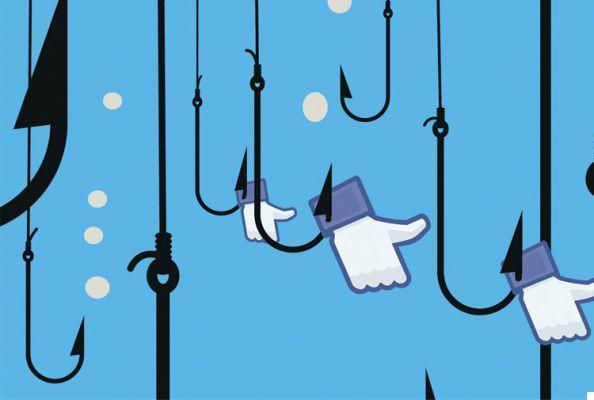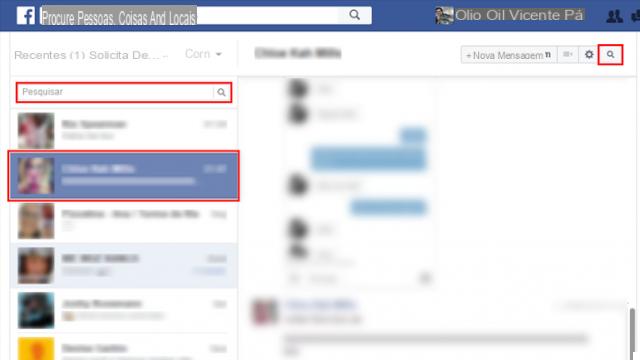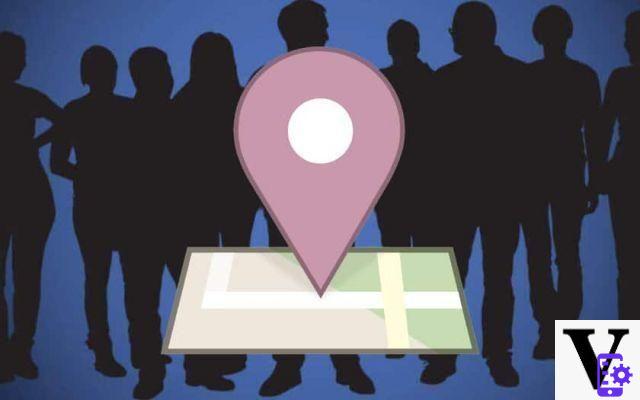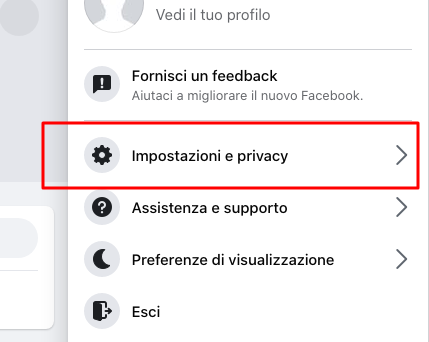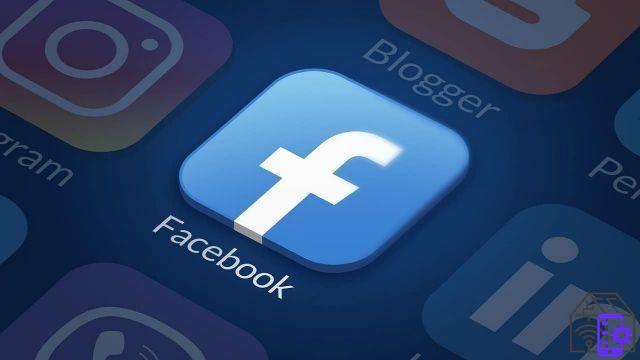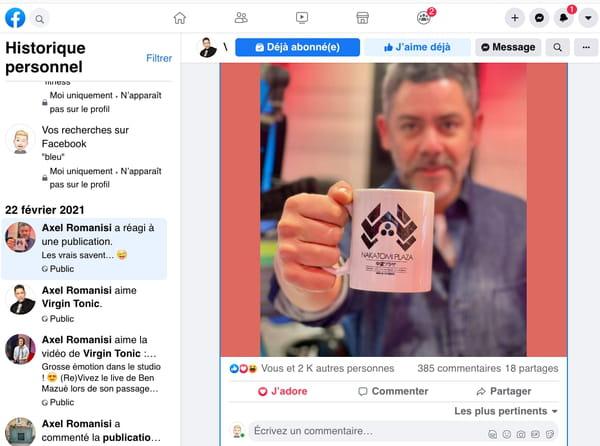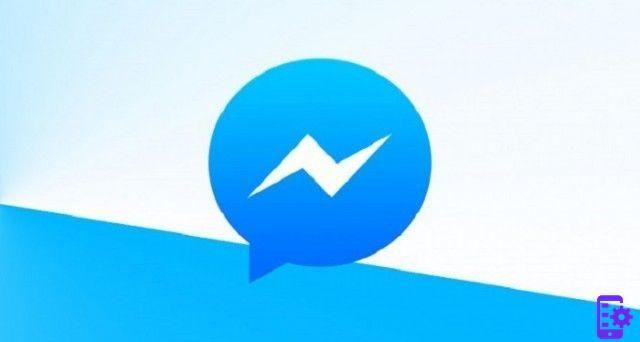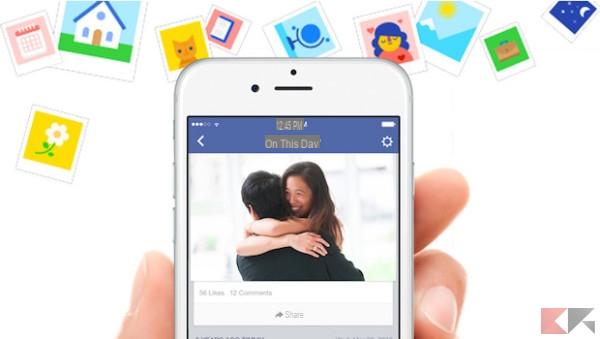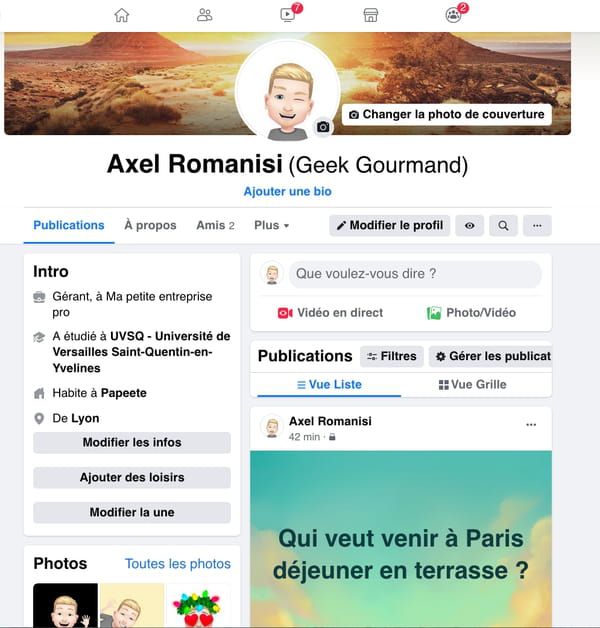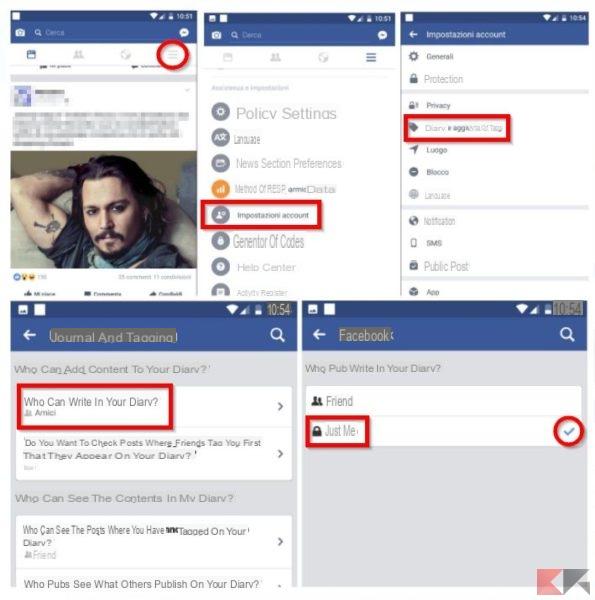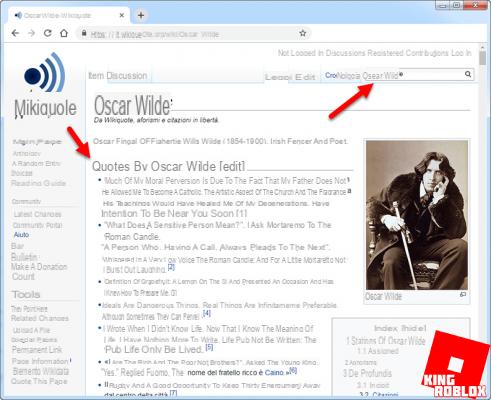Commercial data scandals related to security problems that have made it possible to steal passwords and other sensitive information from users, have put Facebook in the crosshairs of regulators, who think that the knowledge they have about the tastes, activities and relationships of the people who use it social networking is excessive.
The plot that Facebook has woven to be able to exchange with the profiles of those who use this system to stay in touch with friends, acquaintances or colleagues is practically perfect, and inevitable.
We can highlight three layers so that Facebook knows what we do, where we do it and with whom:
- Monitoring of all our activities within your social network.
- Purchase of companies that complete the user's profile.
- Buying and selling data to other companies.
Let's review the scope of each.
All Facebook activity is logged

It was probably inevitable, but the universality of the use of Facebook has meant that only with the information we provide to the social network we can draw a fairly complete map of who we are, who we know and where we move.
Its algorithms can recreate the family tree of parents, siblings, cousins, etc. simply by recording our contacts, the people we mention when we tag an image, or the faces (yes, they can recognize faces in photos even if you don't pay the person's name) that appear in the images we upload.
We tell Facebook which companies we like, if we cook (surely you upload photos of that cake or that barbecue) or if we travel, and when our contacts give "Like", Facebook understands that we are connected and "crosses" the data from each other to improve relationships (and in the process suggest other contacts that may interest us to connect).
If you know the information that Facebook has collected about you, you can go to your page, click on Settings (in the arrow to the right of the top menu) and select the option "Your information on Facebook".
There you can review through different sections what information you have provided to the social network.
You will also see an option to download the information Facebook has about you (they will send you an email with a link to the file - depending on the level of activity you develop in the social network it can be quite a large file) and you can decide to delete the information Facebook has about you.
But don't feed your hopes. With this action you will delete your public profile, but that does not mean that - from that moment - you are unknown to Facebook. The social network will continue to keep all your data, known as a ghost profile, and will continue to use it to keep track of where you appear and with whom, so that it continues to weave that invisible social network that traps you.
Why does Facebook do this? You will need to read point three to better understand the strategy.
The other Facebook companies

Perhaps at some point you thought that by compartmentalizing your activities you might protect your privacy a little, as if the left hand doesn't know what the right hand is doing, it would be harder for her to get a clear picture of you.
It is a pity, but you are wrong. Facebook has bought other companies that not only complement its business, but also have many millions of users each.
The best known companies owned by Facebook are Instagram and WhatsApp. And almost the first thing Facebook does when buying them is changing its terms and conditions, altering its privacy policy so that you can see our business and trade with it, both offering us personalized ads and selling our data to other companies. (more on this later).
So Facebook not only knows what you do on the social network, but also knows your conversations on WhatsApp and has access to the photos you upload to Instagram, so that the image it has of you is more and more perfect and more attached to reality.
If you are talking to your group of friends about taking a summer beach vacation, Facebook knows this and, therefore, will be able to show you travel announcements… and so on.
Purchase and sale of user data

Even so, Facebook and other companies that are dedicated to the exploitation of their users' data exchange, buy or sell them to complete our consumer profile as much as possible.
In this way, even if you never talk about your travels or upload photos of your holidays on any social network, it is possible that the portal where you bought the tickets shares your data with Facebook, or that the center of the hotel where you will go stay imports data from Facebook in order to offer you services that may interest you.
In general, everything is a pretty terrifying landscape, in which city espionage has been established as a "necessary evil" to be able to enjoy the advantages of the technological society, in which we are reduced to binary commodities so that they can offer us advertisements that are more suitable. to our needs.
If you are concerned that your data will be used not only to create your profile but to refine the profiles of all your family and friends, perhaps the best option is to use a private network (VPN) which hides your location and transforms you. in an anonymous when visiting web pages. If you are unfamiliar with specific programs, NordVPN is a Virtual Private Network program that has good references when it comes to protecting your data and offering an effective answer to all your needs.
Conclusion
In social networks (everyone) you have to follow the maxim that also applies in real life: if you don't want it to be known, don't say it.
For the internet there are also four apostilles:
- What is published is forever (or almost)
- Nothing is as private as it seems.
- If you have posted it, you are no longer in control.
- Social networks are free because they are financed using your data.
From there, what you do is your responsibility.




